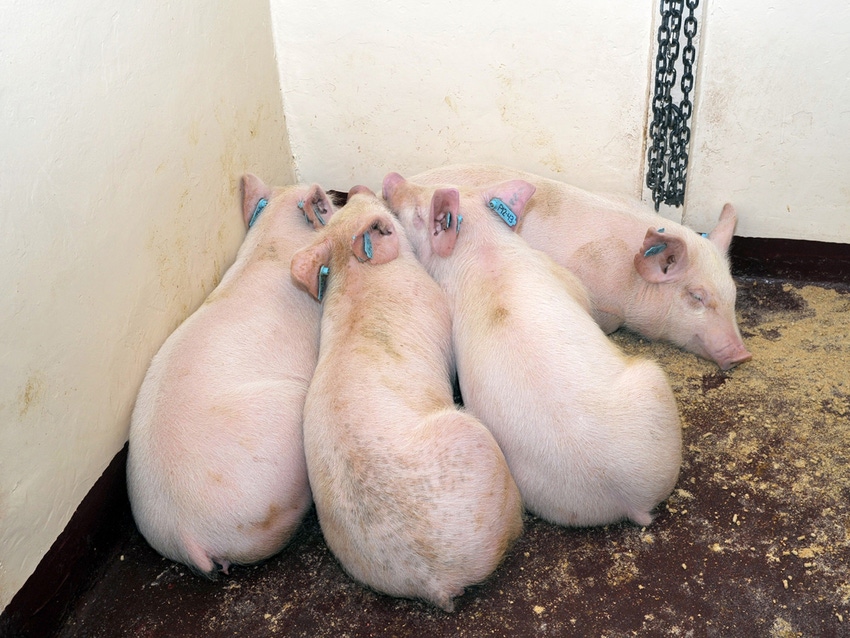Safety studies necessary to gain approval for use in countries around the world, however future commercial use depends on approval within each country.

With Vietnam's Ministry of Agriculture and Rural Development announcement of the successful production of a commercial vaccine for African swine fever earlier this month, many in the U.S. swine industry have been asking when will a vaccine be ready to roll out here? According to Swine Health Information Center Executive Director Paul Sundberg, it most likely will be a while.
"It may be a usable vaccine in Vietnam or places where you have an active outbreak because the goal is to keep those pigs from dying," Sundberg says. "That's why it's effective. It doesn't necessarily stop infection and that's something that we'd have to look for before we use a vaccine in the U.S."
In April scientists with the USDA's Agricultural Research Service announced a vaccine candidate for ASF passed an important safety test required for regulatory approval. The new results showed that the vaccine does not revert to its normal virulence, after being injected into swine. This "reversion to virulence" test is required to ensure that the vaccine's weakened form of the ASF virus does not revert to its original state.
That vaccine candidate had already been selected by the company NAVETCO for commercial development in Vietnam.
"Agriculture Research Service from Plum Island developed this vaccine prototype. They took a wild ASF virus and deleted some genes, so it wouldn't cause mortality, but it caused immunity," Sundberg says. "A company in Vietnam licensed that prototype from USDA, from Plum Island, and they took it to Vietnam, where there's an active infection going on, so they could do safety and efficacy trials with the hope of getting it approved for use in Vietnam. Those are the two things that have to happen for any vaccine. You have to show that it's safe to use, and you have to show that it's effective when you use it. It's not USDA doing that field testing. That's a company in Vietnam that's doing it for safety and efficacy during their outbreak over there."
Vaccine safety and efficacy studies are necessary to gain approval for use in Vietnam and other countries around the world, however future commercial use will depend on approval from the department of animal health within each requesting country.
While ARS had a hand in saying the vaccine is safe because there wasn't any evidence that it reverted to wild ASF virus, Sundberg says its effectiveness is a different issue.
"They've shown it's effective to stop death and stop production loss so that's really the purpose of it in Vietnam. But pigs can still become infected with the ASF virus, even though they've been vaccinated. And whether they're vaccinated with this modified live vaccine or they're infected with the wild-type virus, they produce antibodies. With this vaccine, the antibodies aren't distinguishable from antibodies caused by wild-type virus infection so you don't know if the antibodies are from this vaccine or if it's from actual ASF," Sundberg says. "So, there's a lot of improvement that has to go on before we're ready to use any vaccine, even in response to an outbreak in the United States."
About the Author(s)
You May Also Like





